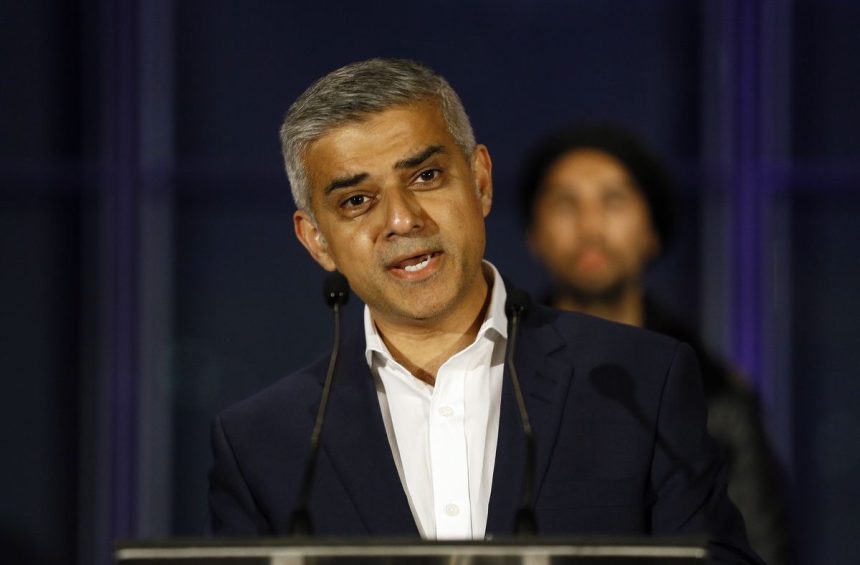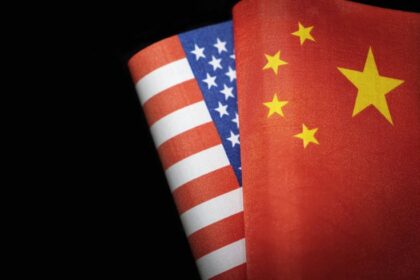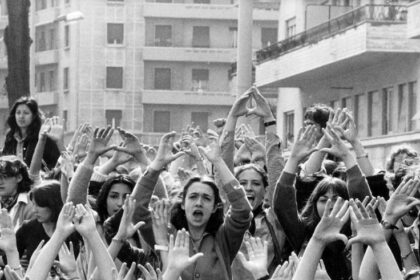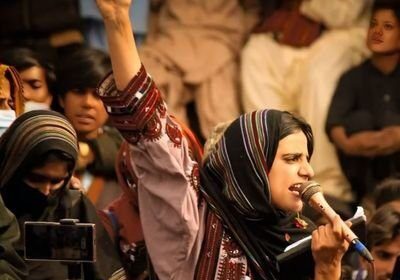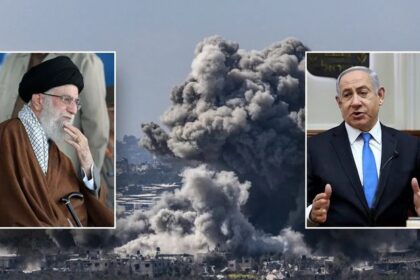In the post-9/11 West, Islam has been viewed through a lens of fear and suspicion. Today, when the West is moving further towards an anti-Islam sentiment, leaders like Sadiq Khan are reshaping the perception and redefining the Muslim identity in the Western world. In the modern Western society, the narrative built around Islam as a religion, after the surge of terrorism, was that of violence and extreme fundamentalism. Leaders like Sadiq Khan are slowly changing it by embodying the possibilities of diversity, unity, and acceptance. It is through the efforts and actions of such people that the hope for a better and more inclusive future remains alive.
Events that took place after the attack of 11 September 2001, such as the invasion of Iraq and the war against Islamic extremists in Afghanistan, led to the global narrative dramatically altering when it comes to Islam and Islamic ideology. It did not only lead to the global society being less accepting towards the Muslim population but also to the escalation of the Islamophobic sentiment, which has been a prominent issue in the West ever since.
Islamophobia is evident not only within the far-right nationalist and anti-immigrant activist communities but also on a governmental level, as observed through policies and legislation. Whether it be the recent “ban on hijab” within certain universities in France or the “Muslim travel ban” by the USA in 2017 that banned people from 7 majority Muslim countries, including Iran, from entering the USA, or the anti-terror legislation of the UK that targets Muslims specifically.
Sadiq Aman Khan, the first Muslim mayor of London, was honored in the New Year Honours list earlier this week after securing a record third term as the mayor of London. Furthermore, he was also the first Muslim mayor of a major capital city in any Western country. His journey to this honor has not, by any means, been easy, arguably due to his immigrant background. As it goes, he was born to Amanullah Khan, a bus driver, and Sehrun Khan, a seamstress, on a council estate in south
London.

Khan earned a law degree from the University of North London and later started his work as a solicitor and a human rights activist while, in the meantime, turning towards politics and serving as the Member of Parliament for Tooting from 2005 to 2016.
Khan is known for his progressive policies, such as the ‘London is Open’ campaign to promote the city’s tourism and make the city more welcoming. His aims include ensuring that London remains a global hub for diversity and opportunity and being an antidote to the anti-Islamic sentiment in the UK.
In an interview with Time Magazine, Khan stated, “I am a Londoner. I’m British. I’m of Islamic faith, Asian origin, Pakistani heritage, so whether it’s Daesh [a derogatory Arabic acronym for
ISIS] or these others who want to destroy our way of life and talk about the West, they’re talking about me. What better antidote to the hatred they spew than someone like me being in this
position?”
Sadiq Khan’s rise to power is a sign of the inclusion and acceptance of Muslim British politicians in modern times.
To quote the man himself:
“You say to youngsters, ‘You can be British, Muslim, and successful. You can go into
business, you can go into medicine, you can go into politics.”






